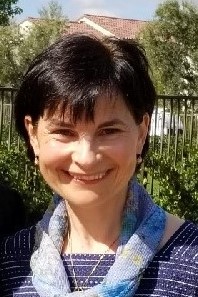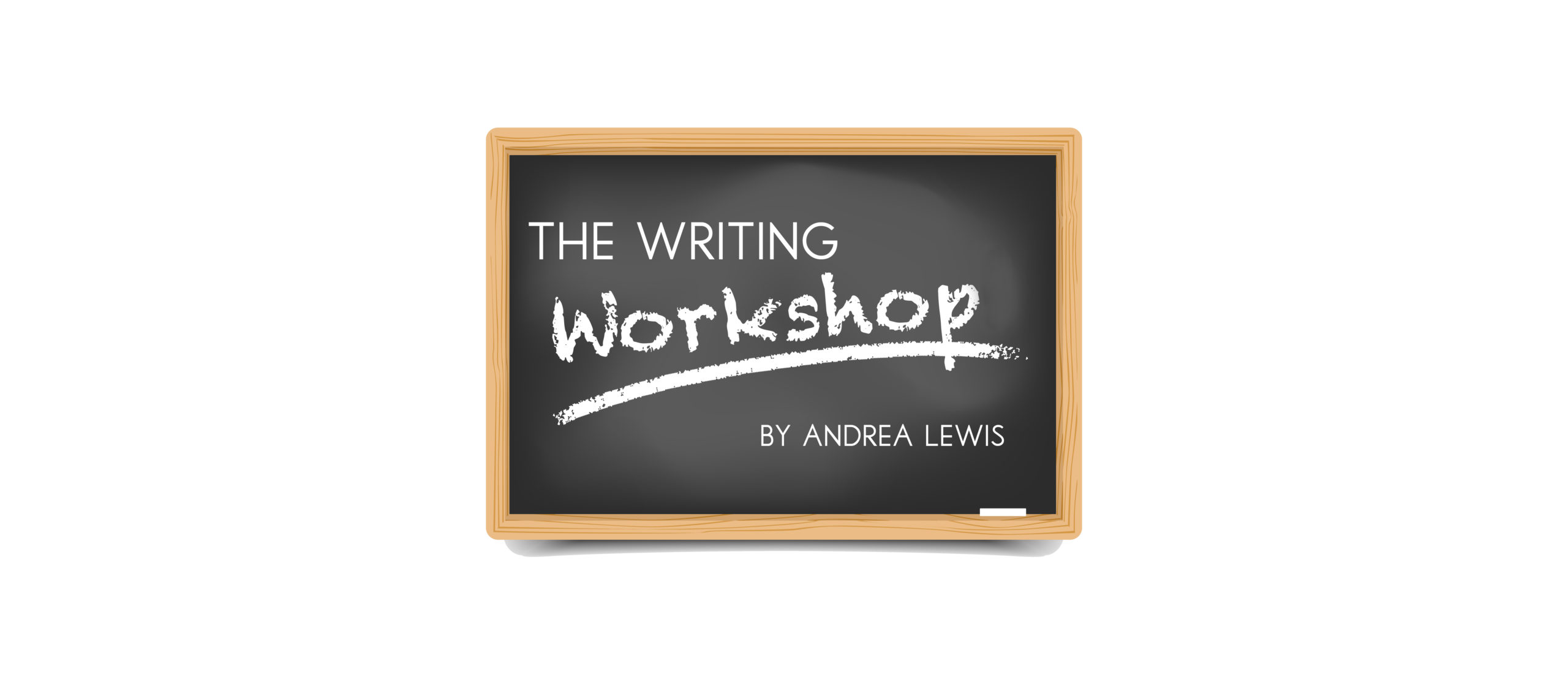By Andrea Lewis //
When The Lake Forest Writers’ Roundtable concluded the work on the second volume of The Truth That Can’t Be Told, their new anthology of short stories and poetry due for release on June 21, one of our writers suggested that a section of acknowledgements be included. The reason: a handful of the twenty authors of the book offered to edit and proofread the entire collection, while one of our writers, also an artist, designed the cover and worked out the labyrinth of Amazon publishing and marketing.
As an author in this anthology, I offered to write the section although I had no experience with such, but trusted that I would find plenty of information across blogs and platforms, as well as role models in the books I own.
What are book acknowledgements?
Simply put, this is the moment in the composition of a book where the author(s) have the opportunity to recognize those who have helped in a significant way to the formation of the book.
“Are they necessary?” you may ask. The answer I found in all resources is no. Acknowledgements seem to be a recent addition in books of any kind, as writers have come to realize that it really does “take a village” to produce (write, edit, market, etc.) a volume.
Whom should you acknowledge?
In his LinkedIn article How to write your book acknowledgements (without stressing over it), Tucker Max notes the common practice to include anyone who contributed in some way to the book. The author decides who makes the list.
How to write a book acknowledgement
Make a list and check it twice. Tucker Max suggests writing out all the people to whom an author would like to thank, from family members and friends, to people involved in the production of the book—editors, publishers, co-workers/assistants, agents/managers, contributors/advisors, teachers/mentors, inspirations.
Ellie Maas Davis of Ingram Spark focuses on beta readers and those who helped improve the writer’s craft: editor, research mentors, that “special collections” librarian, “anyone with whom you spit-balled a plot twist or bounced an idea off.”
The writers at Networlding include both “those who contributed to the physical creation and completion of the book,” and “those who helped [the writer] through the years to develop [their] craft: colleagues, partners.”
A good rule is to include and thank those people who played an important role in the creation of “this particular book, not another life skill,” conclude the editors at Networlding.
With The Truth That Can’t Be Told Volume 2, we did the same thing; made a list, sent it to the group to make sure no one was left out, then, the actual writing process began.
Be specific. The most common advice across the sources mentioned here was to be specific by mentioning the actual ways that people contributed to the particular book. The crash course on the Gatekeeper Press blog advises showing the readers the facts, as those will spark the interest of the readers. Recognize the person who gave up their weekends to look after your children while you were researching or typing away, and anything alike.
Be sincere. The advice across the blogs is to honestly and deeply thank the people who helped in the journey, to remember and mention everything they have done to clear your path so you can stay focused. At the same time, Tucker Max advises to not “go overboard, […] but to make it meaningful and sincere” for those to whom it is addressed.
Sincerity is expressed through specificity. Writer and editor at Standout Books, Paige Duke advocates that “a great acknowledgement goes the extra mile to explain why an author is grateful. […] It gives readers a little window into the lives of the people who made the book possible.” Being specific and giving “intricate details can make a short note compelling.”
Length isn’t important. Tucker Max advises authors to forget any suggestions about length when it comes to acknowledgements. Although the general audience may skip this part, those who helped the writer, won’t. This section is for them, addressed to them, and there won’t be a second chance to go back and thank people who helped in some way.
The writers at Gatekeeper Press, however, caution on brevity as opposed to verbosity, like with everything else.
Eventually, the writer decides. Indie writers tend to have more freedom in any aspect of the book. As an example, author of Falling Idols Billie Kelpin does not spare her efforts when it came to writing acknowledgements. Not only does she afford generous paragraphs to each, but she offers extra information on the topic covered in her book, in the same area.
Use your voice. This is the opportunity for an author to reveal their personality and/or sense of humor. Readers like to learn about the writer and are curious about the real nature of the person behind the lines on the page. Gatekeeper Press writers suggest using a “conversational tone,” while not being afraid to reveal a “quirky side or comedic bent” because “funny book acknowledgements are often the most memorable.”
Along the same lines, Paige Duke finds that variety and creativity reveal voice. Variety by staying away from “formulaic notes” and creativity by giving this piece of work a personal approach.
Tone is also an element of voice. If the book is fiction, this would be the only place where the author surfaces. If the book is non-fiction, a casual tone works well, integrated in the general tone in the book, recommend the editors at Greenleaf Book Group.
What to avoid. According to Paige Duke, writers should
- “Avoid thanking the reader, either individually or as a group.” Authors are grateful to have readers, but since the entire book is written with the readers in mind, this space should be reserved solely to those who have made the book process possible.
- Avoid “in-jokes or references that exclude the reader.” Most readers will read this section. Duke advises to avoid “talking above their head.”
- “Avoid using your acknowledgement to proselytize.” Writers should not use this space to express their opinions on anything. It should be kept for thanks alone.
Make it good. Tucker Max sticks to the idea that the quality of the writing in acknowledgements should be crafted with the same care as the entire book. Gatekeeper Press shares the same point of view: “Readers enjoy seeing who inspired the author and learning about each person who played a role.”
Therefore, give it the same attention, put your heart into it, especially that you are thanking people who have played a major role in the process.
Where should they be placed? This too, is the author’s decision. In short, it all depends.
In Making My Pitch, co-authors Ila Jane Borders and Jean Hastings Ardell place the Acknowledgements at the beginning of the book, after the Foreword. Each of the writers have their own fan base to thank, therefore the book hosts two carefully crafted sets of recognition.
In Falling Idols, thanks are homed at the end of the book, between the ‘Afterword’ and ‘Books by This Author’.
In Too Much Tuscan Sun, Dario Castagno expresses his gratitude at the opening of his book, after the Table of Contents, and titles them Ringraziamenti, the Italian word for “thanks.”
In her first novel, Finding Jane, Elizabeth Conte acknowledges her supporters and sources of inspiration right after closing of the story, which, in a classical tradition ends with “The End.”
As Gatekeeper Press remarks, there is freedom in placing this section either towards the beginning or at the end of the book.
In The Truth That Can’t Be Told Volume 2, the twenty contributing writers voted to place the recognition at the end of the book. We wanted to allow readers to dive into our stories and poems and expressed our thanks at the end. Billie Kelpin, fellow author in “The Truth That Can’t Be Told,” also contributed to drafting the acknowledgements, and our team of writers gave their feedback. As said above, it does take a village to produce a book. Especially an anthology.
As a relatively new practice, acknowledgements do not pose strict rules, but leave much freedom to the authors to show gratitude towards those who had an impact on the process of creation of their book.
Do you include acknowledgements in your books? If so, share your tips with us.

ANDREA LEWIS lives and writes in Huntington Beach. She was born in Romania and moved to the United States at the age of 34, after meeting and marrying her husband. She writes memoir and personal essays, with a recent attempt at freeform poetry. Her work has been featured in the Los Angeles Times.


Excellent, very thorough post, Andrea! I can’t add a thing that isn’t covered here. I’m hoping the acknowledgment I wrote for my debut book is accepted in its entirety by my publisher. It does take a village, and giving thanks is a must in my opinion.
Thank you, Barb! It was quite a task, indeed, but it was also a great experience, just like being part of The Truth That Can’t Be Told. Looking forward to reading your book and…the acknowledgements!
I was reading this helpful article and composing a comment in my head wanting to express how I wished I had read this before I wrote the acknowledgments in my first novel, “Falling Idols.” Right then I was shocked out of my socks to read the next paragraph where Andrea Lewis acknowledged the acknowledgments in MY book! It certainly made me smile! I must say that part was the most painstaking part of writing the whole book! I had read somewhere that the acknowledgment section might be the only chance you get to thank everyone who has contributed to your book and my list was long. Writing sections along the way might make your task at the end a little less stressful.
Thanks for this great resource, Andrea. Very well researched and thorough as usual!
Thank you, Billie! The acknowledgments in your novel reflect your personality and it was a pleasure reading the appreciation you manifested towards everyone. Not one person from your “village” was left out. Thank you for allowing me (and your readers) to witness it. Warmest thoughts, Andrea